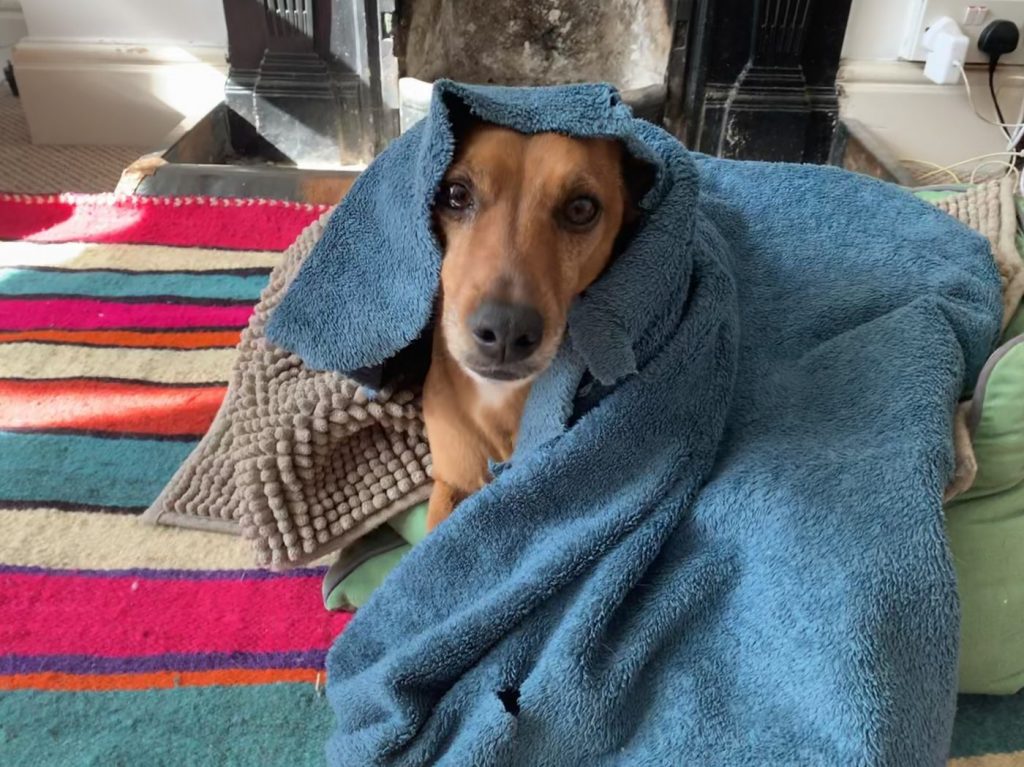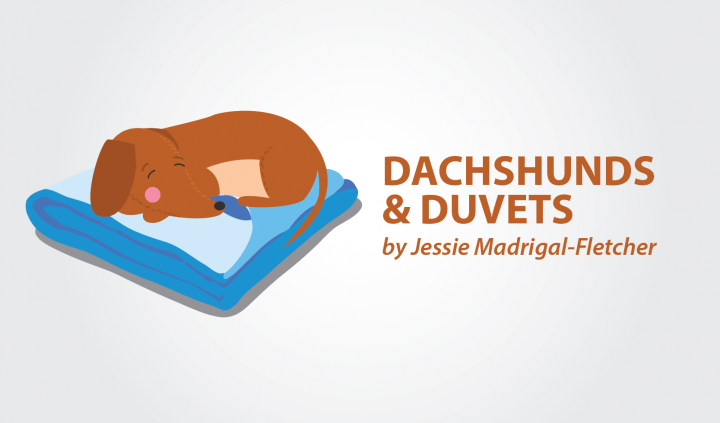While I’m convinced there’s still time for me to score a U.K. No. 1, win an Emmy — for an acting role, duh! — or even an Oscar, one thing I will never do is embrace my periods. I just don’t see myself turning into one of those love-your-cycle, your-period-is-a-gift! types, celebrating my fertile days and every hormonal change in my body.
The reason, put simply, is that I have endometriosis. If you also have it, you probably hate your period, too. This is not only normal, it’s actually quite OK. It’s just that you may be going against current trends.
There has been a surge of interest in natural wellness in recent years. Social media is saturated with self-made health gurus, nutritionists, and holistic life guides encouraging us to feel good “naturally.” The same applies to periods.
I have lost count of the number of times someone mentions a period “expert,” a self-styled wellness genius promising positive control over our flows, urging us to know our cycles and maximize our health to happiness ratio. I will follow their social media channel for a while … until my period starts and I swiftly realize they do not cater to my particular uterus. Hitting “unfollow” comes effortlessly.
Why I hate my periods
I have nothing against anyone who is able to celebrate their cycle and treat their periods naturally. It’s just that, for little old me and my dodgy ovaries, periods don’t feel like those of a fertility goddess on Instagram. I can’t be creative or productive when I am forced to stay horizontal. My thoughts don’t count when I’m passed out due to the pain. The stained trousers and chairs don’t make me want to seize the day full of female energy.
I actually seriously dislike my periods. I hate them so much, I stopped them altogether. Thanks to a daily dosage of progesterone, I haven’t had a period in seven months. I don’t miss losing 10 days of my life every month, either being in pain or recovering from severe blood loss and discomfort. I don’t fondly remember my mood swings, anger fits, and meltdowns due to PMDD. Without my monthly bleed, my mental health has improved dramatically, and it turns out there is nothing wrong or unhealthy about that.

In January, the Faculty of Sexual and Reproductive Healthcare in the U.K. updated its guidelines to state that there were no health benefits to taking a break (which would mean having a period) when using combined oral contraception. Yet, judging by the shocked looks I get whenever I say I have no periods, and the feminist theories stating that stopping periods contributes to them being taboo, this is something not everyone celebrates.
Periods should not be taboo or a luxury
It’s great to see so many women dismissing feelings of shame and publicly speaking about this regular, natural, and somewhat beautiful aspect of half of the population on this planet.
Yet, for many endometriosis patients, having no periods means a chance at a normal life, even if all the other symptoms (migraines, chronic fatigue, shooting leg pains) are still around.
Hormonal therapies don’t cure endometriosis. They don’t even begin to treat it. It’s merely a system to put symptoms on hold, placing patients in a pain-free limbo. Yet, it is an approach millions of endometriosis patients are happy to try.
After years of monthly suffering, wishing to end it all, I am celebrating every day I don’t bleed. I got my life back … sort of.
***
Note: Endometriosis News is strictly a news and information website about the disease. It does not provide medical advice, diagnosis, or treatment. This content is not intended to be a substitute for professional medical advice, diagnosis, or treatment. Always seek the advice of your physician or other qualified health provider with any questions you may have regarding a medical condition. Never disregard professional medical advice or delay in seeking it because of something you have read on this website. The opinions expressed in this column are not those of Endometriosis News or its parent company, BioNews Services, and are intended to spark discussion about issues pertaining to endometriosis.

